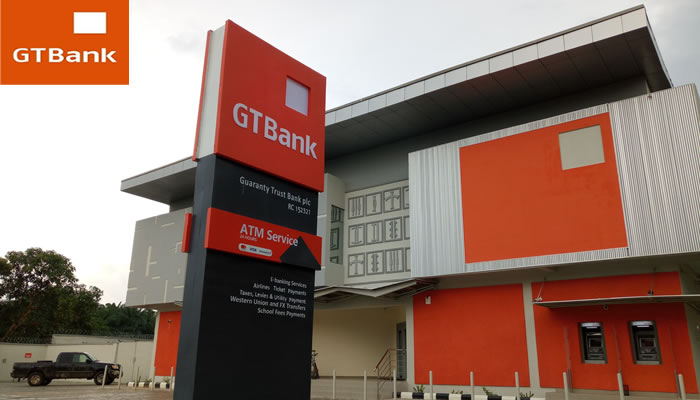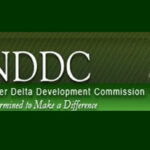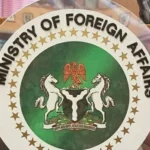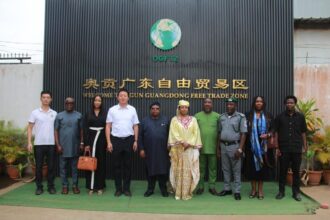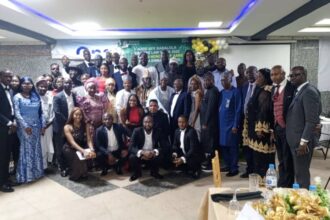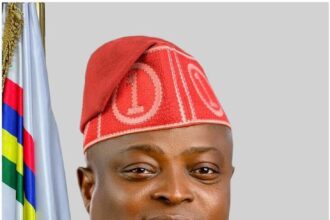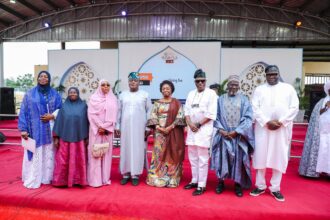Telecommunications operators in Nigeria now have direct access to revenue generated from Unstructured Supplementary Service Data services, following a new billing arrangement approved by the Nigerian Communications Commission and the Central Bank of Nigeria.
The new model, known as the End-User Billing framework, allows MTN, Airtel, 9mobile and Glo to deduct USSD service charges directly from subscribers’ airtime balances, eliminating the role of banks as intermediaries in the payment process.
Mobile operators had complained that banks were collecting service fees from customers without remitting the funds to operators, despite having received over N200bn worth of services by the end of 2024.
“Before now, banks would deduct the money from our accounts and fail to remit it to the telcos. It was always a problem,” the President of the National Association of Telecoms Subscribers, Adeolu Ogunbanjo said.
Under the revised model, subscribers will pay N6.98 per session lasting up to 120 seconds only after receiving a prompt to opt in and approve the deduction.
NATCOMS President described the EUB model as a long-overdue reform that brings transparency and accountability to the sector.
Ogunbanjo’s comment followed Wednesday’s announcement by the Association of Licensed Telecom Operators of Nigeria on the rollout of the new billing regime. As of last week, some commercial banks, including GTB, UBA and FCMB, had already notified their customers that USSD transactions would henceforth be charged directly from their airtime.
He commended the NCC, the telecom regulator, for leading the reform in collaboration with the CBN and expressed hope that the new model would encourage operators to improve service delivery.
“Hopefully, the telcos will now use this to develop the telecom sector so that we won’t be having poor-quality services,” Ogunbanjo added.
The dispute over USSD billing dates back to 2019, when telecom operators accused banks of defaulting on agreed payments for services rendered. This prompted the CBN and NCC to step in with an interim solution in 2021, introducing a flat-rate charge of N6.98 per USSD session, to be collected by banks on behalf of telcos.
However, compliance remained inconsistent, with operators warning of service disruption and threatening to disconnect indebted banks.
ALTON Chair, Gbenga Adebayo, said, “This transition marks a significant milestone in the evolution of Nigeria’s digital financial ecosystem. It aims to establish a transparent, sustainable, and customer-centric model for USSD service delivery.”
The telecom executive also assured subscribers that there would be no disruption to USSD services and that existing codes used for transactions like balance enquiries, fund transfers, and bill payments would remain active.
He said users experiencing difficulties are advised to contact their mobile network provider, while issues related to specific transactions should be directed to their banks.
USSD remains a critical tool for digital financial inclusion in Nigeria, particularly for users in rural and underserved areas who lack access to smartphones or internet-enabled devices.
With the billing model now fully aligned with subscriber consent and direct payments, stakeholders expect greater trust and efficiency across the digital finance value chain.
Last week, Adebayo said the telecom industry was technically ready for end-user billing, but most lenders had failed to meet critical regulatory and operational conditions, including clearing historical debts and putting in place systems for error reporting and compensation.
According to a joint circular issued by the CBN and NCC on 20 December 2024, the transition to end-user billing would only be activated for banks and telcos that comply with the stipulated payment terms.
Banks still owe the telcos, but a payment plan has been agreed to settle the outstanding debts. The plan is divided into three phases: banks must pay 60 per cent of old bills by 2 January 2025; settle all outstanding pre-existing bills by 2 July 2025; and pay 85 per cent of new bills by 31 December 2025.



